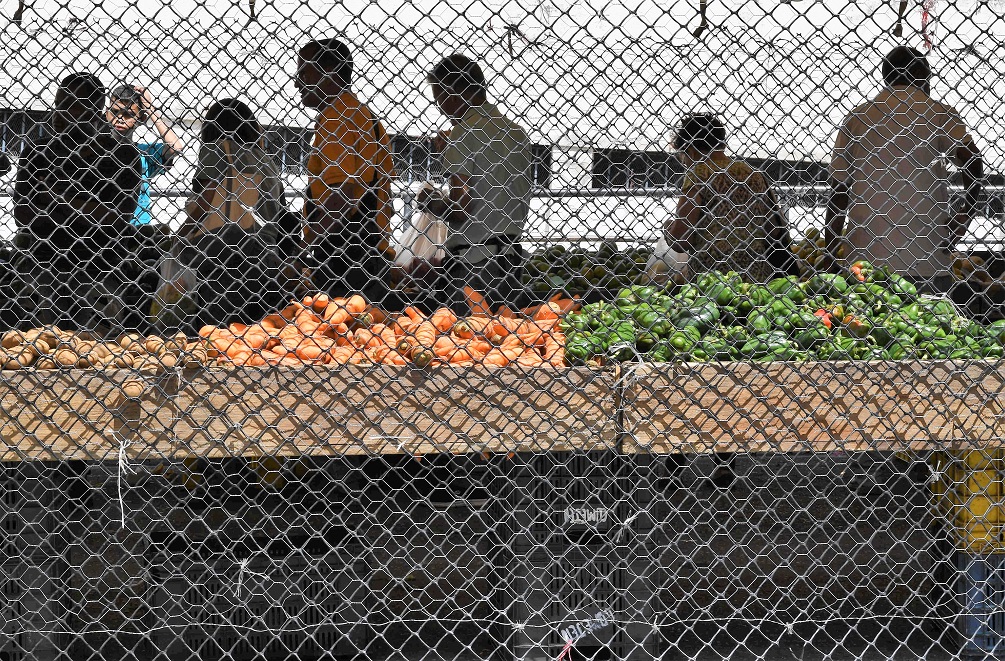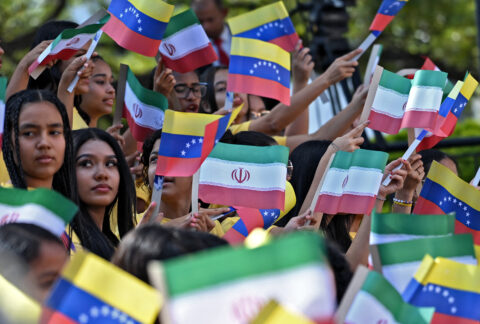The ongoing economic crisis in Venezuela has led some families to share their food with neighbors to ensure access to proteins.
In various parts of Caracas, the Venezuelan capital, people who live in the same community gather occasionally to prepare a full meal they cannot afford individually.
Evelyn Salazar, who lives in a western part of Caracas, tells Voice of America that in 2018 neighbors began to feel they would no longer be able to afford all the food groups, and decided to join efforts.
“I had flour for arepas, and she had cheese […] but she didn’t have flour. So chatting, we met every night, [and we realized that] one would have dinner, but not the other, so we agreed that we would meet and bring something to share.”
Salazar says that they do this at least three times a week to also bring some variety to the meals the give their children.
According to the latest study from the National Survey for Living Conditions of the Venezuelan Population (ENCOVI, in Spanish), which several Venezuelan universities carry out, in the last 3 years, the purchase of products like chicken and beef dropped between 34 and 45 percent, due to hyperinflation in the South American nation. Inflation in August 2019 was 65.2 percent, and the cumulative inflation for the year was 2,674 percent, according to data from the opposition-led National Assembly.
Eliana Santaella, another neighbor, explained to VOA that her main concern is her daughter’s weight loss, and that this sharing is a way to mitigate hunger. The Nicolás Maduro regime in Venezuela said it made available to citizens 3,000 food warehouses to make protein accessible to poor communities.
According to ENCOVI, the diet of Venezuelans with fewer resources causes anemia, and is marked by excessive flour and rice consumption and a shortage of iron. The study also reveals that 9 out of 10 Venezuelans say that the money they earn is not enough to pay for food.
In September, Venezuela became one of 41 countries in the world in need of external food assistance, according to the Food and Agriculture Organization of the United Nations.









